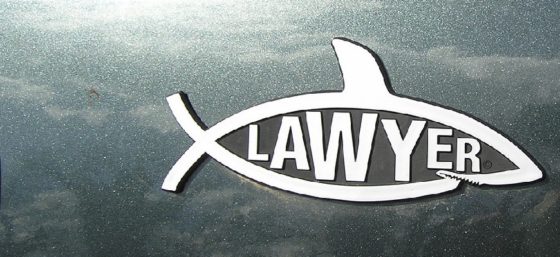Last weekend, I watched a documentary, Burn, about the Detroit Fire Department. (It’s an intriguing documentary film about these amazing people and how the economy’s crash impacted these firefighters and their community.)
As a lawyer, one of the things I liked about this film was the simplicity of its copyright notice. It had the standard FBI and Interpol warnings (which play through while I’m grabbing a snack), but this last notice caught my eye. It said, “This copy of ‘Burn’ is licensed for Private Home Viewing Only. Any other use is prohibited.” The notice went on to state how to request permission for other uses.
One of the complaints about the use of legal verbiage in everyday life is that it’s often too long to be worth reading, it’s filled with complicated legalese, and it’s in a tiny font. (How many times have you accepted the terms on a site without reading it?) This notice combats everything that’s wrong with the current systems:
- It used plain language.
- It was short.
- It was readable.
A ten year-old could read this and understand what it means. I have never met a ten year-old that’s tried to read the FBI warning before watching a movie.
This notice made me smile. I wish more creators do things like this when declaring their rights and informing others how to seek permission for different uses. Sometimes complicated legalese is necessary, but generally not in mundane situations. Legalese in everyday life should use everyday language.
I’m an advocate of writing contracts and notices in plain English and keeping them as short as possible while still being effective. If you have questions about your copyright and contract needs, you can contact me directly or connect with me on Twitter, Facebook, YouTube, or LinkedIn. You can also get access to more exclusive content that is available only to people on my mailing list, by subscribing here.









